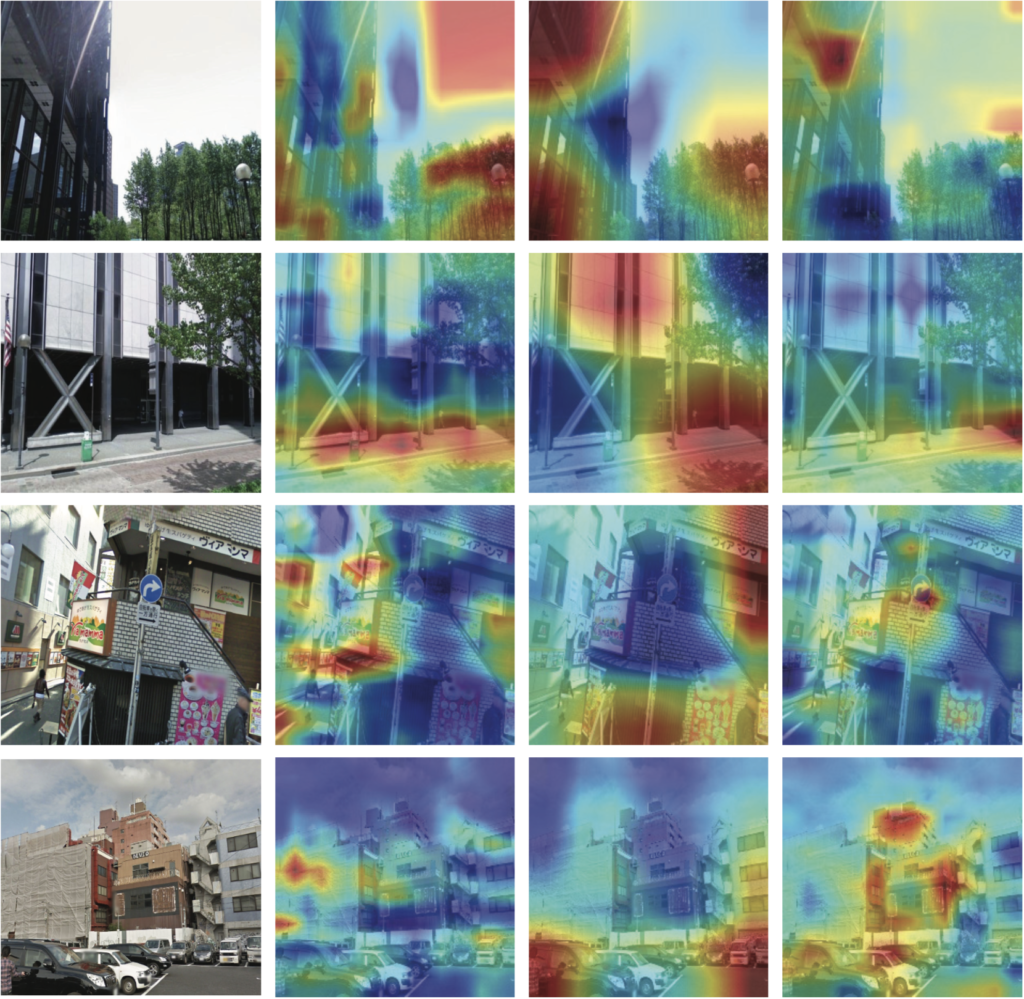ArchiMediaL
Enriching and linking historical architectural and urban image collections
Project for research into the automated recognition of buildings in historical images and the development of mixed-method strategies.
In close cooperation between architectural historians and computer scientists, ArchiMediaL researches the automatic recognition of architectural and urban forms in diverse visual media that are available digitally or on the web. Recent advances in machine learning have made it possible to process large amounts of data and to train neural networks to recognize spatial forms. As part of our research, we are investigating how computers perceive urban scenarios and which spatial features enable them to distinguish between different cities and buildings.

The aim is to facilitate the automatic linking of image content and to prepare these data for the comparative investigation of contemporary and historic built form. We train neural networks to identify buildings in hundreds of thousands of historical images and to find their exact location. ArchiMediaL also uses crowd-sourcing techniques to generate comprehensive data sets needed for automatic image recognition. In this way, experts and interested laypersons help to assess the reliability of the algorithms and can participate in cutting-edge research. ArchiMediaL uses research in computing to address novel questions for the fields of architectural and urban history. Going beyond existing repositories it aims to and to correct potential biases that are inherent in historic data collections, which are often geared towards colonial buildings, high architecture or Western artefacts. The project thus extends the scope of hermeneutic analysis by a quantitative reference system in which subject-specific canons and boundaries are questioned. For the dialogue between architectural history and urban form, this means careful consideration of qualitative and quantitative information and the negotiation of new methodological approaches for future studies.
Facts
| Funder: | Volkswagen Foundation |
| Overall budget: | € 476.000 |
| Role TU Delft: | Lead partner |
| Project duration: | January 2017 - January 2020 |
| TU Delft researchers: | Prof.dr.ing. Carola Hein Dr. Tino Mager Dr. Jan van Gemert Dr. Ronald Siebes Dr. Seyran Khademi |
Project partners
VU University Amsterdam, HafenCity University Hamburg, University of Duisburg-Essen